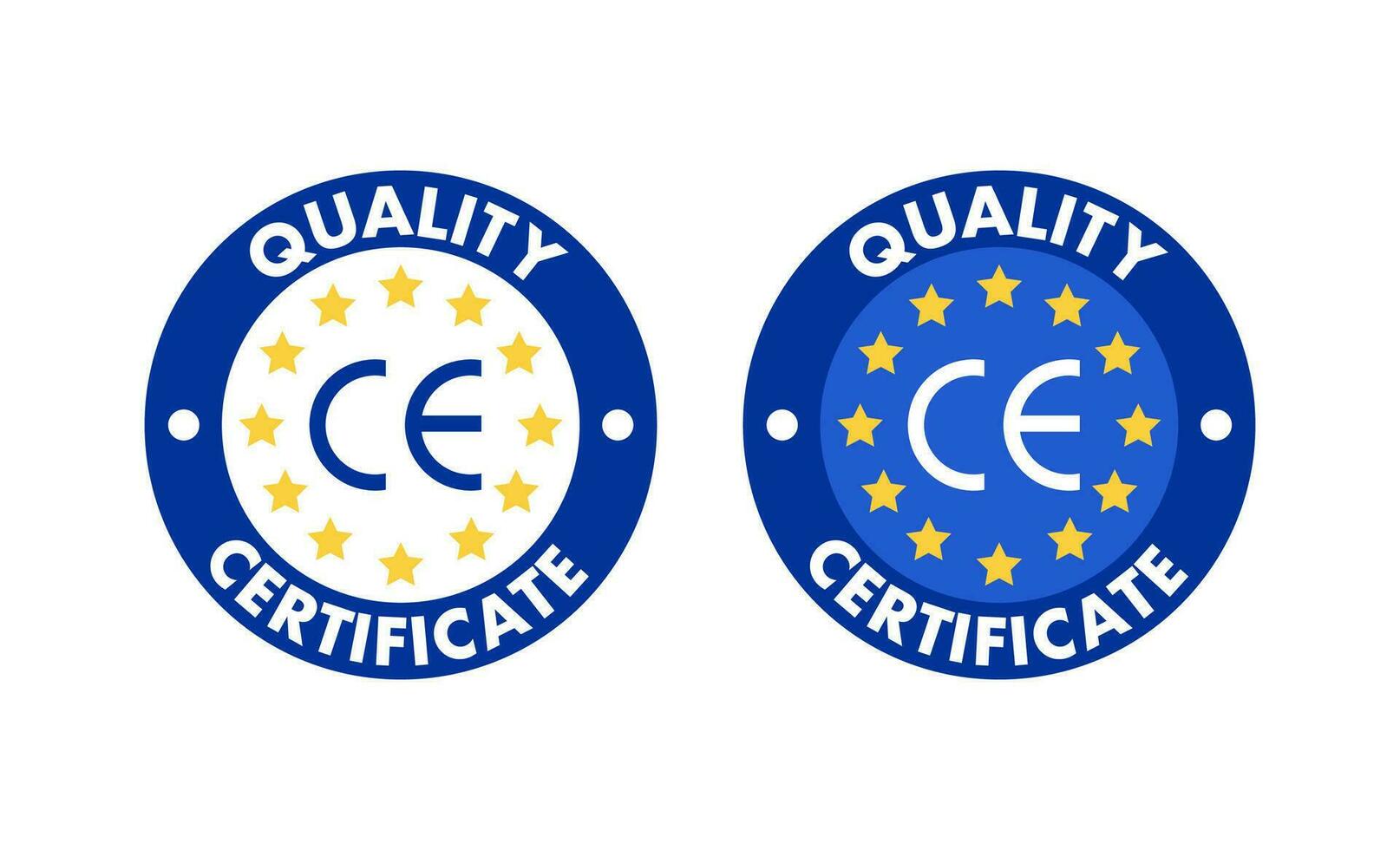What is Legal Metrology?
Legal Metrology refers to the branch of metrology (the science of measurement) that deals with measurements used in trade and commerce. It involves ensuring that measuring instruments, weighing machines, and units of measurement are accurate, reliable, and comply with legal standards and regulations. In India, the Legal Metrology Act, 2009 governs the regulation of weights, measures, and pre-packaged commodities, providing a legal framework to safeguard consumers and businesses.
- Uses of Legal Metrology
Ensures Accurate Weighing and Measuring:
Legal metrology ensures that measuring instruments, such as scales, gas pumps, and electric meters, provide accurate readings, protecting both consumers and businesses.
Regulation of Weighing and Measuring Instruments:
It governs the calibration, certification, and verification of instruments used in trade to ensure fairness in the marketplace.
Consumer Protection:
Legal metrology helps protect consumers by ensuring that products, especially those sold by weight or volume, contain exactly what is stated on the label.
Compliance with Standards:
Businesses must comply with legal metrology standards to avoid penalties or disputes related to unfair practices in measurement or trade.
Ensuring Fair Trade Practices:
It ensures that businesses are not engaging in fraudulent activities such as under-measuring goods or overcharging customers.
- Benefits of Legal Metrology
✅ Consumer Confidence:
Legal metrology ensures transparency in commercial transactions, thereby increasing consumer trust in the accuracy of measurements and fairness of trade.
✅ Fair Market Competition:
By ensuring that all businesses follow the same standards of measurement, it creates a level playing field, helping to maintain healthy competition.
✅ Compliance with Regulatory Requirements:
Adherence to legal metrology standards helps businesses avoid penalties, legal disputes, or sanctions from authorities.
✅ Prevention of Fraudulent Practices:
Legal metrology prevents the use of inaccurate measuring devices or deceptive labeling that could harm consumers, thereby protecting them from fraud.
✅ International Trade Readiness:
Legal metrology ensures that measurements comply with international standards, facilitating easier exports and trade relations.
✅ Market Reputation:
Businesses that comply with legal metrology standards are often seen as more reliable and trustworthy, improving their brand image.
- Legal Metrology in India
In India, the Legal Metrology Act, 2009, is the key legislation governing the regulation of weights, measures, and pre-packaged commodities. This act is designed to ensure that the consumers are not cheated by dishonest practices related to weights, measures, and labeling. It also requires businesses to have their instruments tested and verified by authorized government agencies.
- Legal Metrology Rules:
Weights and Measures:
All goods must be sold using standardized weights and measures.
Packaged Commodities:
Pre-packaged goods must have accurate labeling showing the net weight, price, and other necessary details.
Verification of Instruments:
Weighing and measuring instruments must be tested and certified by authorized legal metrology agencies at regular intervals.
- Conclusion
Legal Metrology plays a crucial role in ensuring fairness, accuracy, and transparency in commercial transactions. By adhering to legal metrology standards, businesses can enhance consumer trust, comply with government regulations, and avoid legal issues. For consumers, it guarantees that the products they purchase meet the stated specifications and are sold fairly.


